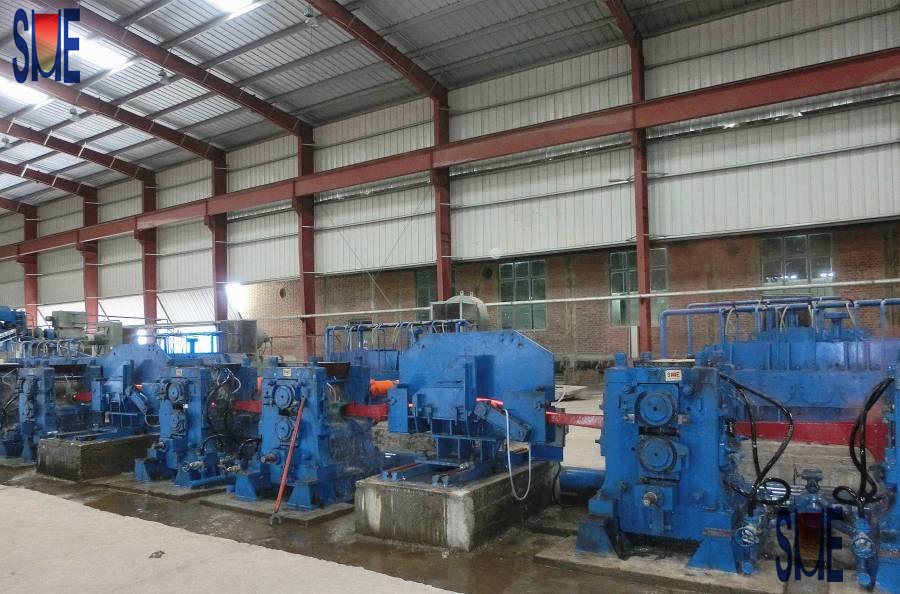Carbon neutrality has a far-reaching impact on the global steel industry, that will involve the following five aspects controlling total scale, regulation energy mix, increasing investment, affecting global steel trade and raising prices of steel products.
In October 2020, the IEA's (International Energy Agency) World Energy Technology Outlook 2020 - Steel Technology Roadmap was released, in which the baseline scenario forecast (STEPS) is expected to increase by 40% from 1.85 billion tons in 2019 to 2.5 billion tons in 2050, in line with the current policies announced by countries. The demand will increase by 40%, about 700 million tons to 2.55 billion tons, from 1.85 billion tons in 2019.
Second, in order to achieve the Paris Agreement's 2.0°C temperature control target, total direct carbon emissions from the global steel industry in 2050 will have to be reduced by 55% compared to 2019.
Third, huge investments are needed to achieve the reduction target. And according to the IEA's Steel Technology Roadmap, increasing the use of scrap/electric furnaces and changing the energy mix will require huge investments and increase the cost of steel production.
Fourth, the difficulty of international trade in steel has increased. Traditional trade barriers plus new green trade barriers will make regional markets more closed.
Fifth, the green procurement pressure increasing from the downstream of the supply chain. In the process of achieving the double carbon goal, more and more steel downstream customers in the process of transitioning to green and low carbon require steel companies to provide green steel to reduce the carbon footprint along the entire value chain, which means that greenhouse gas emissions during the product life cycle (including production, use and end-of-life stages) will become an increasingly important factor in product design and procurement of raw materials such as steel, especially in the energy, automotive and construction sectors.
In order to meet the targets set by the Paris Agreement, the international steel industry and companies have set their own agendas: goal of carbon emission European steel industry's carbon emissions is by 30% by 2030 compared to 2018, and by 80-95% by 2050 compared to 1990. The Japan Iron and Steel Federation proposes to achieve zero greenhouse gas emissions and a 30% reduction in carbon emissions from the ironmaking process in Japan by 2050, and to achieve "zero carbon steel" production by 2100. The Korean steel industry proposes to reduce carbon emissions from the initial 135.7 million tons to 127.1 million tons by 2030.
